Why Are Commercial Real Estate Syndications Failing in the Current Market? (Hint: Interest Rates📈)
April 15, 2024 at 12:18 pm,
No comments
Between March 2022 and July 2023, the Fed made a significant move by increasing interest rates a total of 11 times. This action led to a rise in the fed funds rate from a range of 0% - 0.25% to a range of 5.25% - 5.50%. Consequently, borrowing became more expensive for banks, businesses, and individuals, directly impacting the real estate market.Before the rate hikes, many investors funded their real estate acquisitions with inexpensive bridge loans at very high loan-to-value ratios (LTV or the loan amount divided by the asset's purchase price). So, if a building costs $100 million to acquire, then a 90% LTV would mean that $90 million would be covered by a bank loan, while the remaining amount would be financed by equity.
A bridge loan is a type of loan commonly used to cover the gap between an asset acquisition and the point where cash flow is stable and predictable. Unlike a mortgage on a house, which usually takes 15 to 30 years to amortize, a bridge loan is used strategically to fund short-term needs. The idea is that the property is stabilized and value is maximized, developers or investors can refinance at better terms due to consistent cash flows.
Investors are facing significant issues due to high interest rates. First, the value of their assets has decreased considerably due to higher discount rates. Second, banks have become more conservative in their loan underwriting policies, increasing the debt service coverage ratios (DSCR) and decreasing loan-to-value (LTV) ratios. In our earlier example, the building that was once worth $100 million is now valued at $80 million due to a higher discount rate. If that wasn't bad enough, now banks are only willing to refinance the building up to 70% LTV or $56 million. This would mean you would still owe $34 million to the bank that gave you the initial $90 million, making refinancing impossible.
Lastly, even if you could obtain new debt to take out the initial bank, you would still have to pay higher debt service costs at relatively unfavorable terms. This would significantly impact the project's cash flows, hurting its overall returns.
So what are real estate investors doing? 1) negotiating an extension with banks, 2) selling the asset at a loss, or 3) restructuring the deal with new equity capital.
There may be worse to come, but eventually, it will pass like other previous market cycles. The next few years may present tremendous buying opportunities for investors with cash who know how to underwrite deals. I know I'm bullish.
